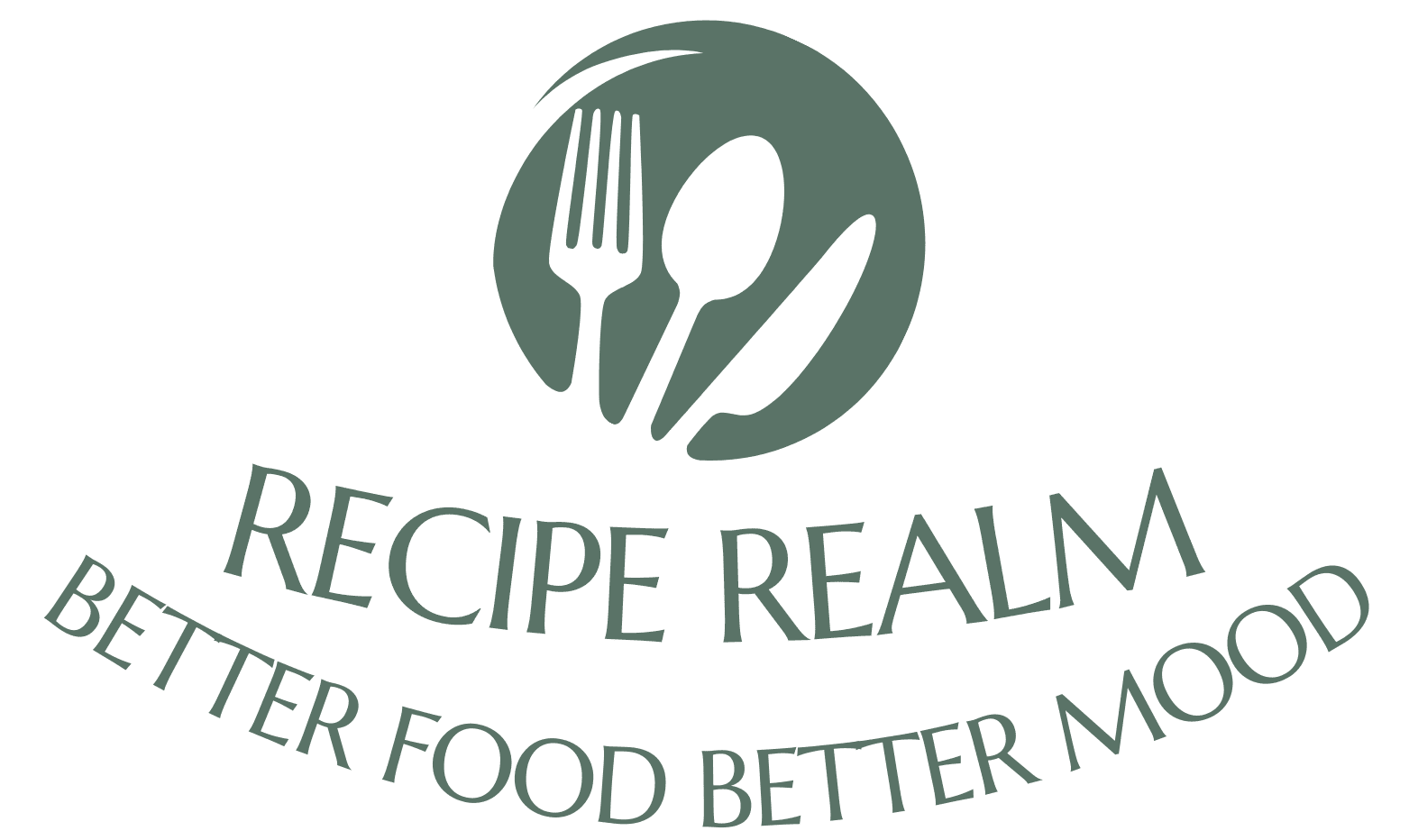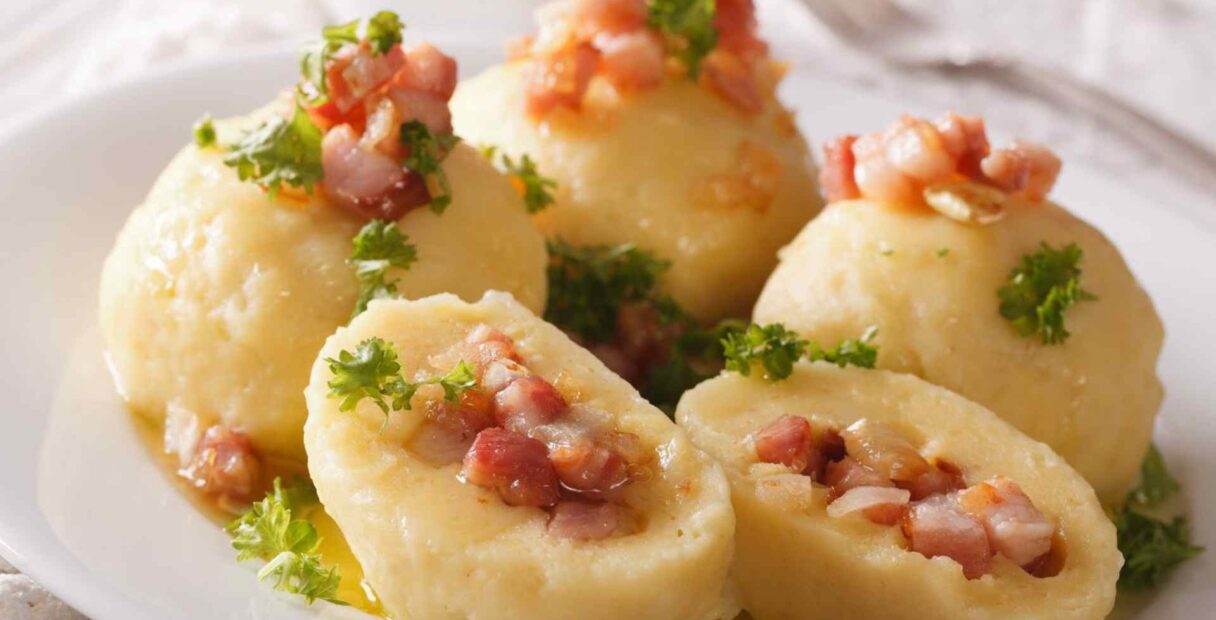
Kartoffelpuffer

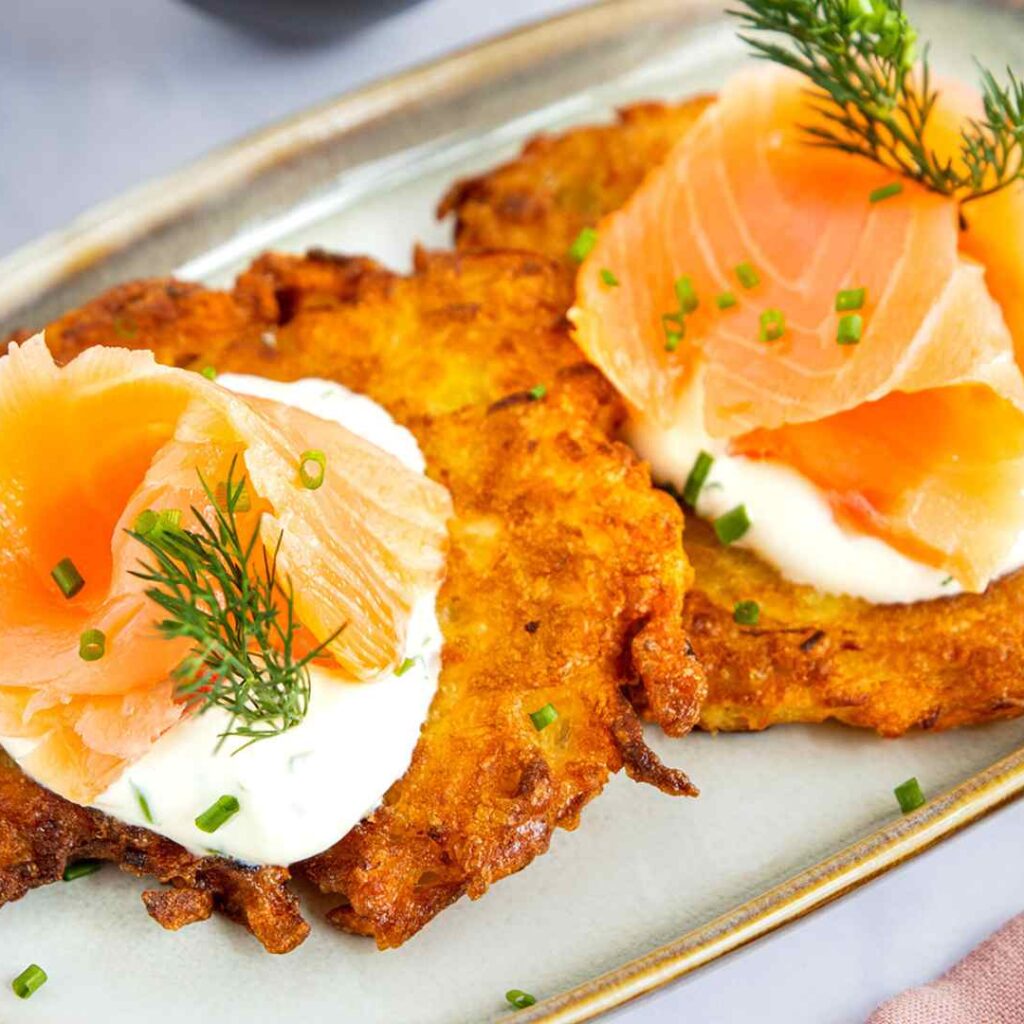
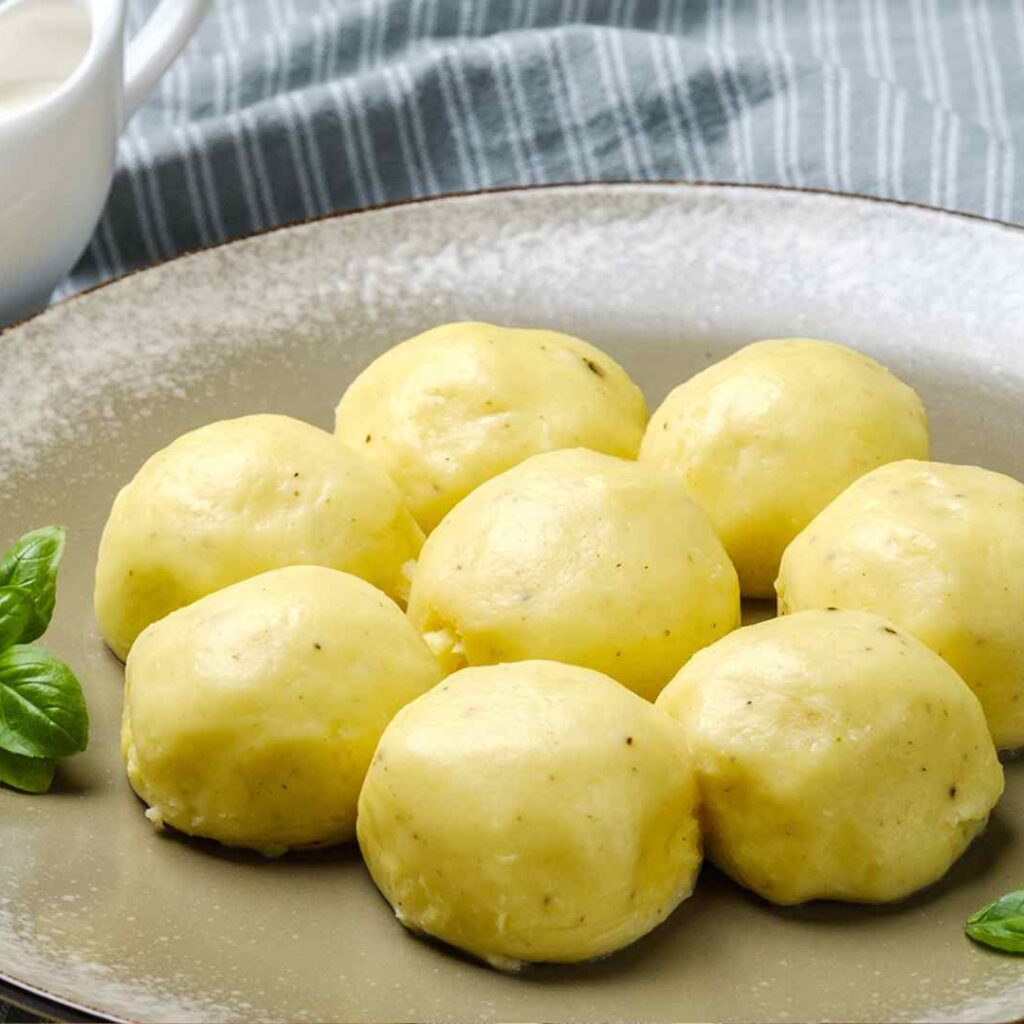
The History of Kartoffelpuffer
Introduction
Kartoffelpuffer, a beloved culinary creation, finds its origins deeply rooted in the heart of German cuisine. In this article, we embark on a journey to explore the intriguing history and cultural significance of Kartoffelpuffer, a dish that symbolizes the timeless appeal of comfort food.
The Origins of Kartoffelpuffer
A Dish of Humble Beginnings
Kartoffelpuffer, also known as potato pancakes, has its roots in the simplicity of rural German kitchens. The dish was born out of practicality, utilizing readily available ingredients, particularly potatoes, to create a filling and satisfying meal.
Potato’s Culinary Evolution
The introduction of potatoes to Europe in the 18th century revolutionized European cuisine. It didn’t take long for creative cooks to realize the potential of this versatile tuber, leading to the development of dishes like Kartoffelpuffer.
Cultural Significance
A Symbol of Comfort
Kartoffelpuffer embodies the essence of comfort food. Its golden, crispy exterior and soft interior provide a delightful contrast in texture and a comforting, familiar taste that has made it a cherished dish for generations.
Regional Variations
Throughout Germany, Kartoffelpuffer has evolved into various regional variations. Each locality adds its unique touch, incorporating local ingredients and traditions, resulting in a diverse array of flavors and preparations.
Conclusion
In conclusion, Kartoffelpuffer’s history is a testament to the culinary creativity born from simplicity. From its humble beginnings in rural German kitchens to its status as a beloved comfort food, Kartoffelpuffer continues to captivate with its rich history and cultural significance. Its journey from a basic potato dish to a cherished part of German cuisine reflects the enduring appeal of this classic comfort food.
For more information on Kartoffelpuffer, its regional variations, and cultural significance, one can explore dedicated culinary resources and studies of German gastronomy.
- Serves: 4-6 People
- Prep Time: 20 minutes
- Cooking: 15 minutes
- Difficulties: easy
Ingredients
For Cooking
- 4large potatoes peeled and grated
- 1small onion finely chopped
- 2 eggs beaten
- 2tablespoons all-purpose flour
- 1/2 teaspoon salt
- 1/4 teaspoon black pepper
- Vegetable oil, for frying
- Applesauce or sour cream for serving (optional)
For Dressing
Nutritional Information
-
Calories
120 -
Total Fat
5g -
Saturated Fat
1g -
Cholesterol
40mg -
Sodium
200mg -
Total Carbohydrates
16g -
Dietary Fiber
2g -
Sugars
1g -
Protein
3g
Procedure
Conclusion: Kartoffelpuffer are a cherished part of German cuisine, offering a crispy and satisfying treat for all ages. Whether enjoyed as a side dish or a standalone snack, these potato pancakes bring comfort and flavor to the table. With various variations to suit different preferences, you can customize Kartoffelpuffer to create a dish that’s uniquely yours. Share these delicious pancakes with loved ones and savor the taste of tradition in every bite.
-
Mark As Complete
Place the grated potatoes in a clean kitchen towel and squeeze out excess moisture.
-
Mark As Complete
In a bowl, combine the grated potatoes, chopped onion, beaten eggs, flour, salt, and black pepper. Mix well.
-
Mark As Complete
Heat a generous amount of vegetable oil in a skillet over medium heat.
-
Mark As Complete
Take a spoonful of the potato mixture and flatten it in the skillet to form a pancake. Repeat to make more pancakes, leaving space between them.
-
Mark As Complete
Fry the pancakes for about 3-4 minutes on each side, or until they are golden brown and crispy.
-
Mark As Complete
Place the cooked Kartoffelpuffer on a paper towel to drain any excess oil.
-
Mark As Complete
Serve hot with applesauce or sour cream, if desired.
Dawood Ali Mian
Chef Dawood brings a wealth of experience and a diverse culinary background to our kitchen. His culinary training spans the globe, from classic French techniques to contemporary fusion cuisine. Drawing inspiration from both traditional and modern culinary traditions, Chef Dawood’s creations are a harmonious blend of flavors and textures that tantalize the palate.
You also might like
No recipe were found.
